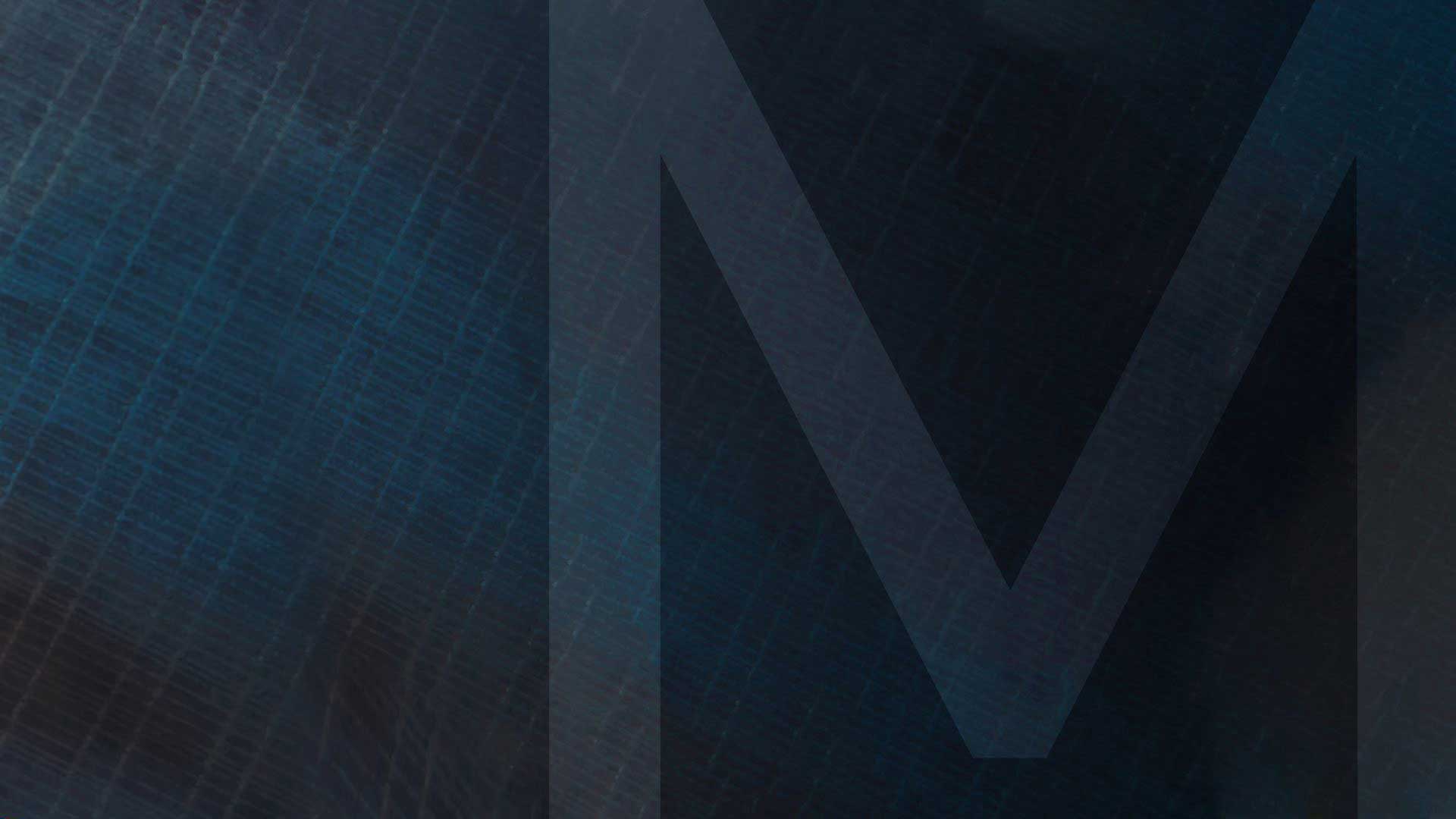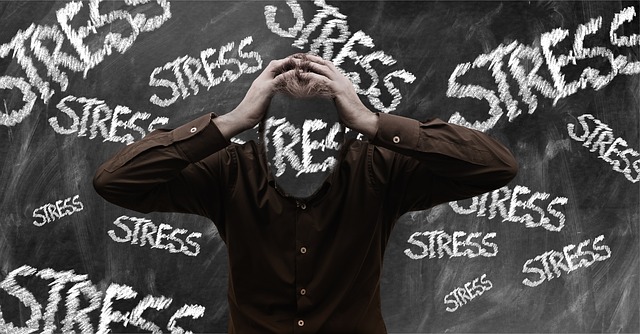It seems that you are trying to decide if you should file bankruptcy. Determining whether to file bankruptcy and what chapter you should file depends on your individual situation. Generally, if you are struggling to pay your debt, bankruptcy is a good option, especially if you hire San Diego’s leading bankruptcy attorney.
Bankruptcy is the most powerful tool in the law! It is most important to remember that bankruptcy is meant to give you a fresh start. This is a point often overlooked because people feel like bankruptcy is a negative word.
Hundreds of thousands of people each year seek bankruptcy protection. In fact, celebrities, politicians, major corporations and some of the wealthiest people in the world have filed bankruptcy. Remember, bankruptcy wipes out debt and awards people financial freedom!
Too good to be true? Find out how bankruptcy may be able to give you the future you want and deserve!
When should you consider bankruptcy?
While determining whether to file bankruptcy, here are some of the reasons that clearly point to the fact that bankruptcy is the best option for you.
1. You are unable to pay down debt
In general, a bad financial situation will get worse before it gets better. Overall, those who are employees without substantial pay increases have trouble getting out of debt. That is because once you are in debt, you are spending all the money you earn and then some.
Otherwise, you would not be in debt. Unless you receive large bonuses, an inheritance, win the lottery, or someone gifts you a large sum of money you can pay toward your debt, you will remain in debt unless you file bankruptcy.
2. You cannot afford to pay more than minimum payments
Unfortunately, paying the minimum payment on your credit accounts will not get you out of debt. Companies loan money to make money. Credit card companies, personal loans and payday loan companies profit from charging you interest.
The higher the balance owed, the more interest you pay. The more interest you pay, the harder it is to pay down the balance. Hence you get into a vicious cycle where you are just paying interest and not making any progress paying down your debt. Ultimately you are putting more money into your creditors’ pockets and less into yours.
Bankruptcy eliminates debt altogether. Many people are shocked to learn that bankruptcy wipes out more than credit cards, personal loans, medical bills and payday loans. In fact, both Chapter 7 and Chapter 13 bankruptcy can take care of back income taxes, unemployment overpayments, auto repossession deficiency, mortgage deficiency and more.
3. Are you eligible for bankruptcy?
For most people, there are very few “non-bankruptcy” options to resolve debt. For instance, you may have tried to negotiate with your creditors or sold off assets to get money. You may have even tried debt negotiation, debt settlement, working multiple jobs, cashing out retirement accounts or taking retirement loans to help you repay your debts. For the most part these remedies do not solve all your debt or they are short term fixes because you end up using credit again.
The two main types of bankruptcy are Chapter 7 and Chapter 13. Chapter 7 wipes out your debt but you must pass the means test and the law has limitations on the amount of assets you can keep. Conversely, in a Chapter 13 you can keep all your assets but you will have to make a payment to your creditors over a fixed period.
However, do not try to determine which bankruptcy chapter you qualify for or should file. Again, an experienced bankruptcy attorney will help you with that analysis.
4. Are you being harassed, sued or facing a garnishment from your creditors?
If you are being harassed or sued by creditors, keep in mind that these creditors can eventually take a money judgment against you. You may be surprised to learn that creditors can sue you if you fall behind with your credit accounts. The original creditor and a third-party debt collector who purchased or was assigned the account can file a lawsuit to collect the outstanding balance owed.
Additionally, a default judgment allows creditors and debt collection companies to begin collecting from you. For example, a creditor or debt collector can garnish your wages, levy your bank account and/or attach a lien to your property. On the positive side, bankruptcy stops all collection action. Essentially the claims against you will be dismissed and the debt will be eliminated.
5. Do you own a house with equity?
Bankruptcy law has specific protections for houses, homes, residences, and places you live. In fact, in San Diego, you can protect up to $600,000 of equity in your home. Remember, Bankruptcy is NOT meant to punish you but give you a fresh start!!!!
6. Facing foreclosure or vehicle repossession?
Most people keep their cars and houses and continue their normal payments after filing bankruptcy. But, if you have fallen behind on your house payments, a Chapter 13 bankruptcy will stop home foreclosure. Likewise, Chapter 13 bankruptcy will stop vehicle repossession. That way you have an opportunity to catch up on house and vehicle payments overtime, on your terms.
Which San Diego’s bankruptcy attorney should I consult if I’m filing for bankruptcy?
Contact our office to discuss your financial situation with an experienced bankruptcy lawyer. Our attorneys are extremely qualified with more than four decades of combined experience. Give us a call, text or email today and speak with our legal team at the Law Offices of Mark L. Miller. Our consultation is always free, and you can find our offices near the Old Town San Diego State Historic Park. Contact us today!




